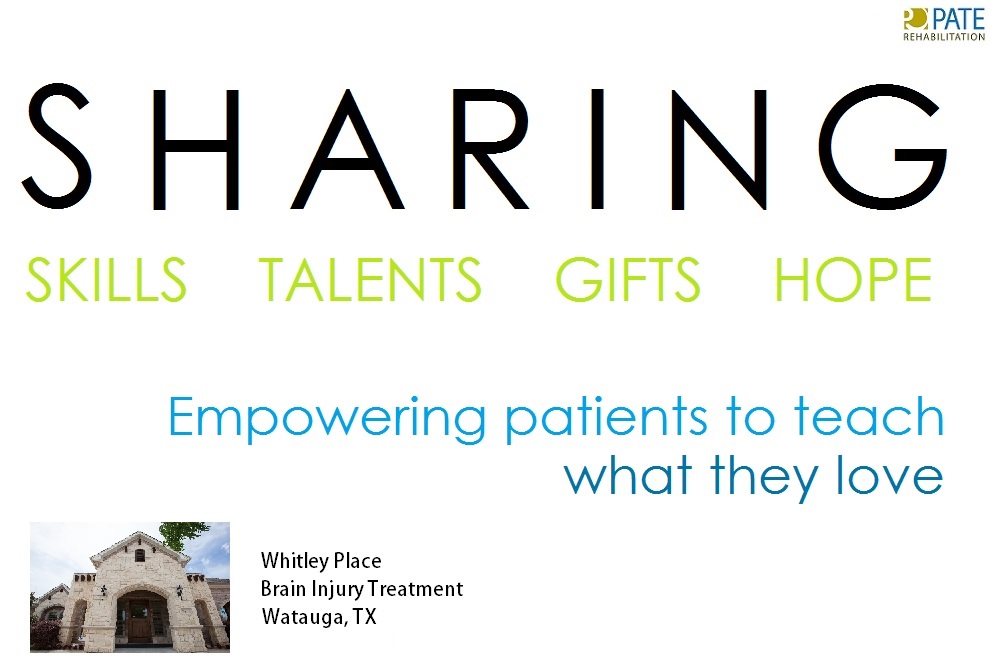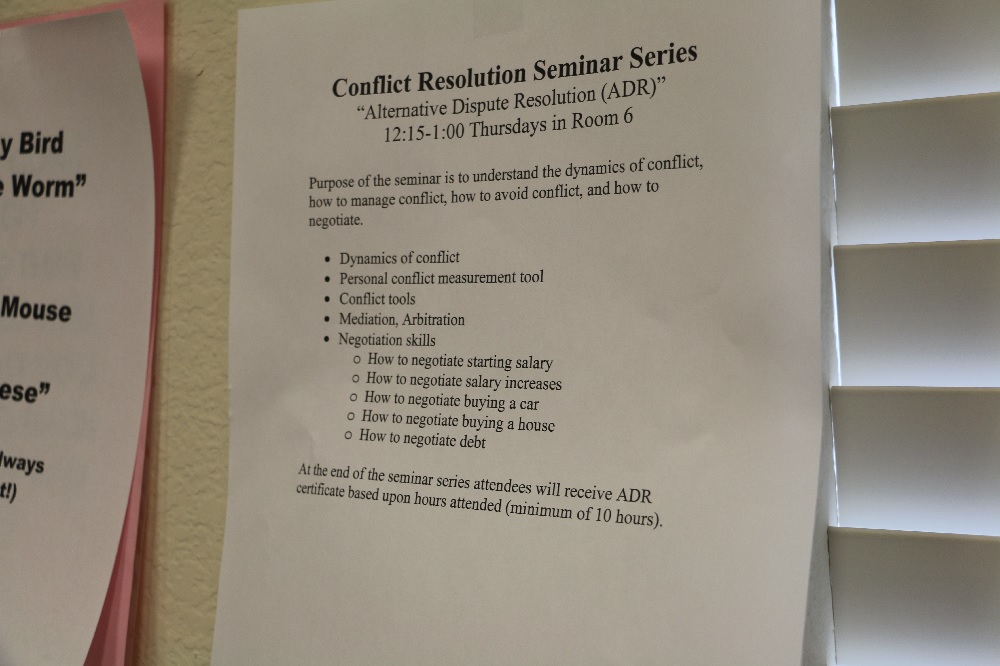
Patient teachers. What better way to prepare for your return to life than teaching others your expert knowledge?
Pate therapists at Whitley Place in the Fort Worth area encourage patients to teach classes for their peers that allow them to share their unique talents and life experience.
Every person who begins brain injury rehabilitation is someone who has a life outside our walls that they’re eager to return to. They may be a trucker driver or a doctor, a librarian or a chef. Maybe they might also be talented hobbyists who excel at photography, map making, creating jewelry, collages, cookbooks – any of thousands of abilities.
The patient teachers program is a form of therapeutic therapy, yes – but it also fulfills the very human desire to help others and perform useful work. For people working through brain injury treatment, it can be a great way to reconnect with who they really are.

Whitley patients can join two new upcoming classes. A graphic designer will teach drawing and introduce the basics of painting with water-based acrylics. The art class will be fun and also therapeutic for people working on hand-eye coordination, attention span and even emotional expression.
A specialist in conflict resolution will teach how to get along better with others, diffuse hostility and look for win-win scenarios. He’ll cover negotiating in common life situations like buying a car and asking for a raise. This will be enormously helpful to patients as brain injuries can often cause cognitive difficulties in understanding emotional cues from others. Attendees of the classes will receive a certificate of completion of ten hours in “Alternative Dispute Resolution.”
Pate’s goal for people in rehab with us is empowerment. By encouraging people to share their talents with others as patient teachers, we help rebuild their confidence and practice their skills.
Teaching can act as vocational rehabilitation counseling and patient-led classes can be an excellent addition to that therapy.
The whole process is mutually rewarding as other patients receive valuable education in potential hobbies or careers when they, too, return to their lives.
